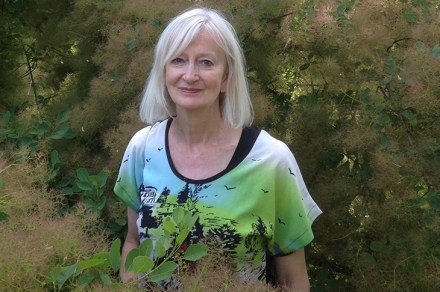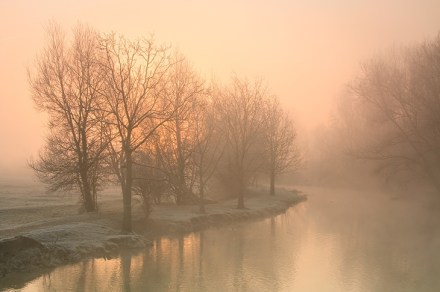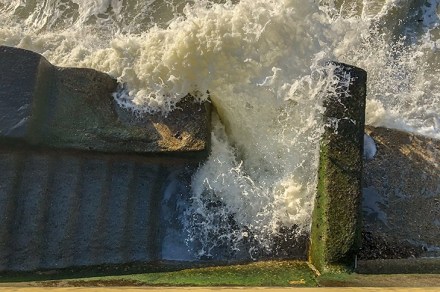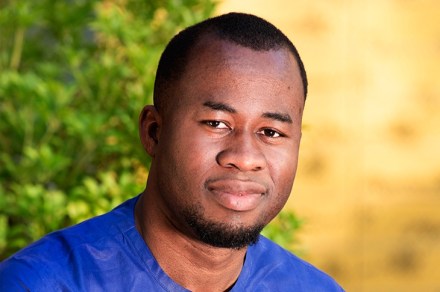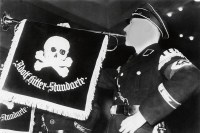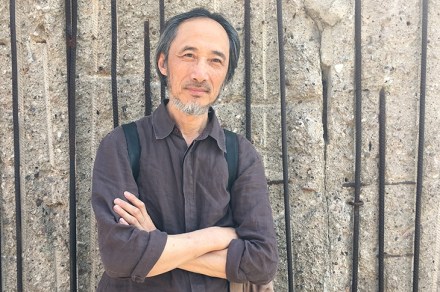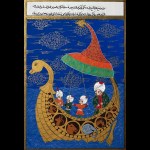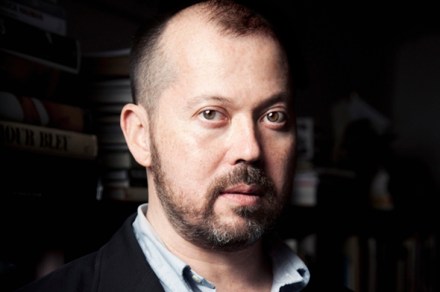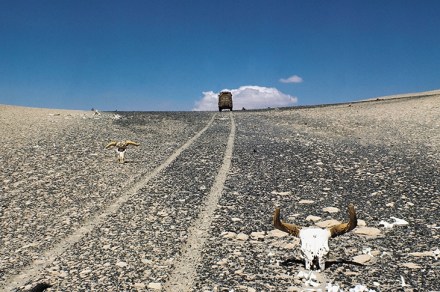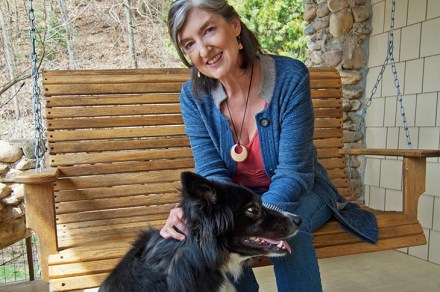An epic quest
Anyone who has issues with Tolkien (at 16, even in a suitably ‘altered state’, I could not finish The Hobbit, never mind The Lord of the Rings), anyone who falls asleep while watching a tedious Joseph Campbell-formula flick such as Star Wars, anyone saddened by the 2014 BBC poll of adult readers that included six fantasy books among its top ten British novels of all time may well approach Marlon James’s latest offering warily. With a cover puff from Neil Gaiman that invokes Tolkien (as well as Angela Carter) and comparisons elsewhere to George R.R. Martin and Charles R. Saunders’s Imaro books, (but also to Beowulf and classic fairy tales)





